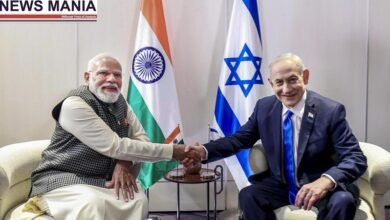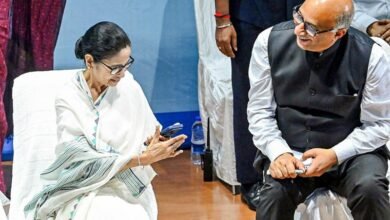Civil Society Participation Is Necessary In Kashmir

In the past six months, there has been a rise in the number of targeted killings of Kashmiri Pundits. The safety of minorities residing in Kashmir as well as the Kashmiri Pundits’ right to return have become issues as a result of this.
Kashmiri pundits can be divided into two groups: migrants and non-migrants. As part of the scheme for the return and rehabilitation of Kashmiri migrants, migrants were given high-security employment and jobs with the government. Non-migrants continued to live their lives unprotected by the state.
However, following the targeted assassinations of Kashmiri Pundits, both parties feel in danger.
How can the murder of Kashmiri pundits be stopped?
The issue of Kashmiri pundits returning cannot be solved from the top down. Positive conditions on the ground will need to be produced through individual and civil society activities. The process can only be supported by the government.
They will need to exhort people to stop pointing fingers at one another.
People or groups will need to examine themselves and have the fortitude to own up to mistakes and rebuild trust.
What steps was the CDR taking?
In 2010, the Center for Dialogue and Reconciliation (CDR) began a dialogue series between pundits and Muslims.
Public intellectuals and other notable people took part in this discussion.
As a result of these conversations, Kashmiri pundits were able to accept government jobs in Kashmir.
Participants were discussing individual experiences that were often misunderstood by other communities.
Participants emphasized that interdependence was not unfamiliar to Kashmir and had roots in more diverse cultures.
There were numerous exchanges of words between the Muslim and Pundit, and there were various points of view.
What complaints do both parties have?
Participants in one such conversation voiced their complaints. For instance;
Muslim attendees believed that the pundits were blind to the struggles of the Valley’s Muslims, who are subjected to systemic brutality. It was often said that Pakistan had misled and aided Kashmiri Muslims.
Pundits expressed their ire at Muslims for doing nothing to stop the killings of pundits, even after the assailants claimed responsibility.
Given that Muslims made up the majority, they bore a greater obligation.
According to a renowned Kashmiri pundit, the pundit community had also been harmed by a lack of leadership.
The movements of the pundits from the valley may have been stopped if any senior leader had brought up the matter with Muslims. They might have advised the pundits against making a hasty sale of their property.
What other options are there for resolving the conflict amongst Kashmiri Pundits?
In Kashmir, there is an urgent need for civil society involvement between groups.
This interaction can improve intercommunity ties and foster confidence and trust.
It might also make it possible for pundits to return in peace and dignity, as is their longing.
News Mania Desk






